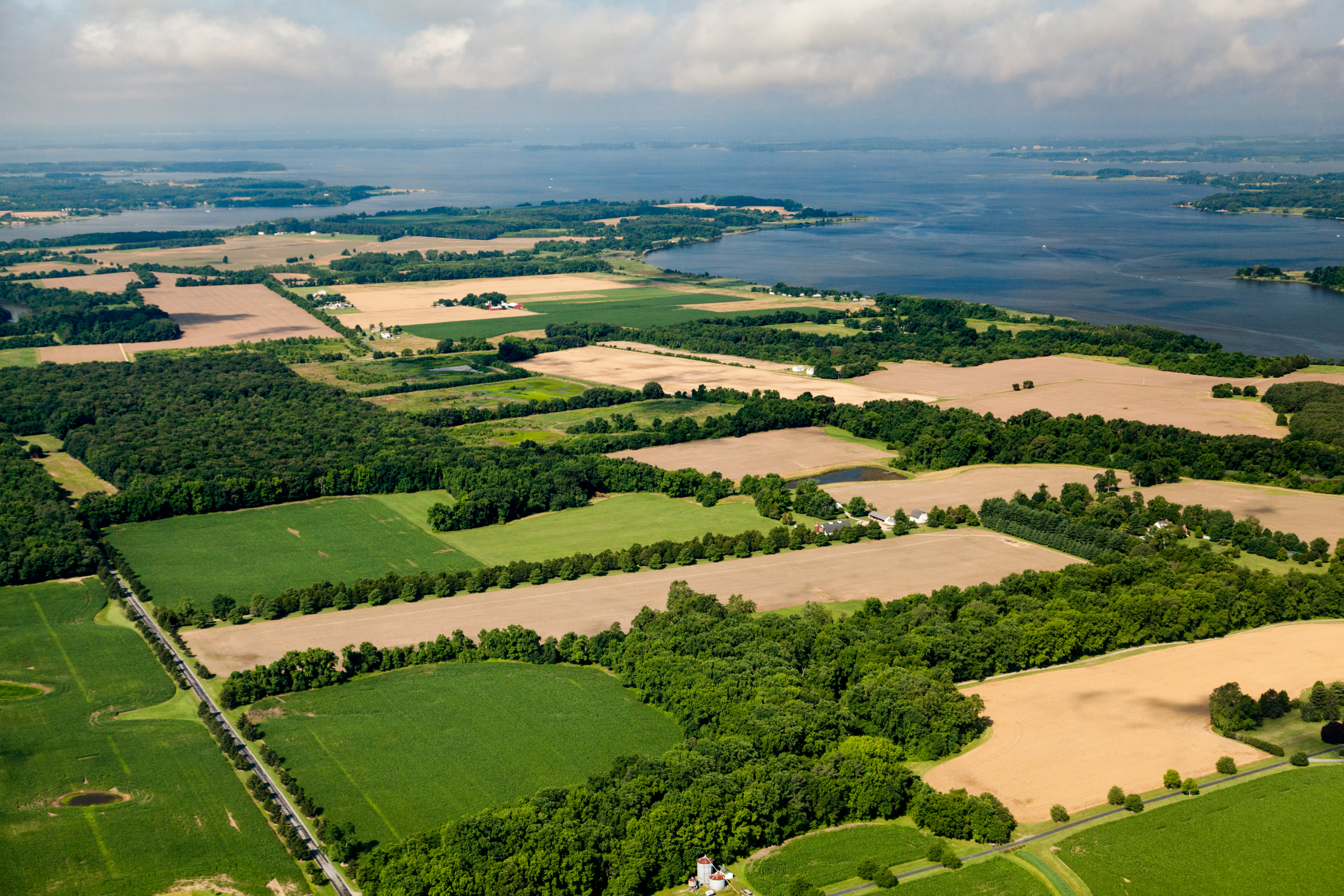Overcoming the Hurdle: Addressing Implementation of Agricultural Best Management Practices (BMPs) Through a Social Science Lens
July 20, 2021 - July 20, 2021
The published workshop report can be found here:
FINAL Workshop Report Overcoming the Hurdle
Achieving necessary load reductions will require an enormous amount of resources both financial and human. Because financial resources are inherently limited, there is an urgent need to identify ways to ensure every dollar goes further, while also maintaining the viability and sustainability of agricultural operations. Understanding of the complex nature of the Chesapeake Bay ecosystem continues to evolve with experience and new research. Our current understanding has resulted in a suite of BMPs aimed at returning the Bay and its tributaries to an improved level of functionality. Less is known at the CBP about the role of behavior change in environmental decision-making and how these behavioral dynamics can be more effectively utilized to result in sustainable improvements in the health of the CBW. Agricultural BMP adoption and implementation requires buy-in from stakeholders across the watershed, and as legislative achievements have shown across all CBW jurisdictions, we are moving in the right direction. In order to ensure continued success, the agricultural community is being asked to accelerate BMP implementation without large increases in the financial resources needed to do so. We must now look more critically at our human resources and understand where there is opportunity to shape individual decision-making within the agricultural community in such a manner not only beneficial to the health of the Bay and local waters, but also the psychological, physiological, and economic well-being of the farmers on whom we all rely to thrive.
This workshop will bring together a broad swath of expertise from the social science, policy, and practical (“boots-on-the-ground”) realms to provide actionable recommendations to the CBP partnership that address the underlying socio-economic characteristics and engagement approaches that will result in farm management modifications necessary to achieve nutrient and sediment load reduction goals, while also fostering viability within the agriculture sector. The CBP is currently embracing the idea of using social science-based behavior change models to inform and improve its work towards the goals and outcomes detailed in the 2014 Watershed Agreement. Due to limited availability of resources, tying implementation and programming to high impact behavior change is integral to achieving the desired outcomes. Several CBP Goal Implementation Team (GIT) members have taken behavior change/social marketing training to inform their work and the CBP Management Board (MB) made a commitment at a recent meeting to make this a priority. There is now recognition among CBP staff that information and education are important but will not alone result in substantive behavior change. Efforts are evolving that will incorporate social science approaches across GITs and their associated workgroups, with the Citizen Stewardship Workgroup leading the charge.
Day 3 Materials:
Days 1-2 Materials:
- Parking lot for additional thoughts
- Day 2 Intro Presentation
- Agenda-At-A-Glance
- Final Full Agenda
- Continuing Education Credit Information
- Overcoming the Hurdle CEU overview
- Conservation Tools Inventory
For more information, please contact Meg Cole, STAC Coordinator.
